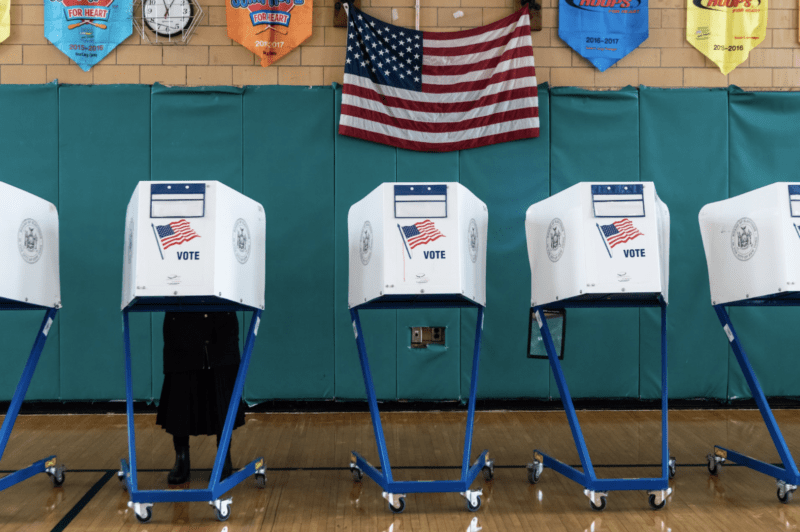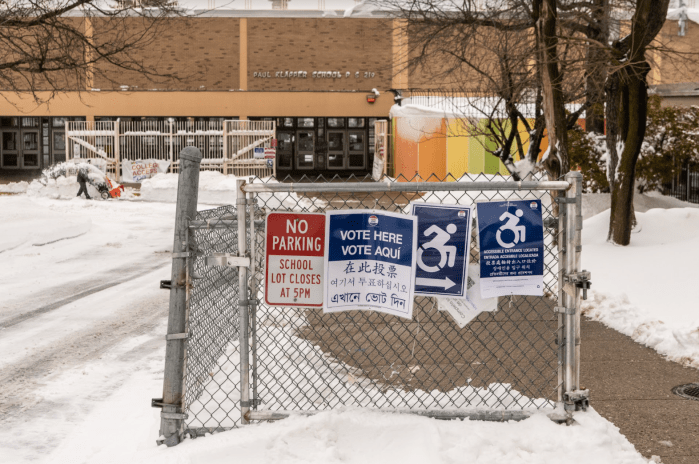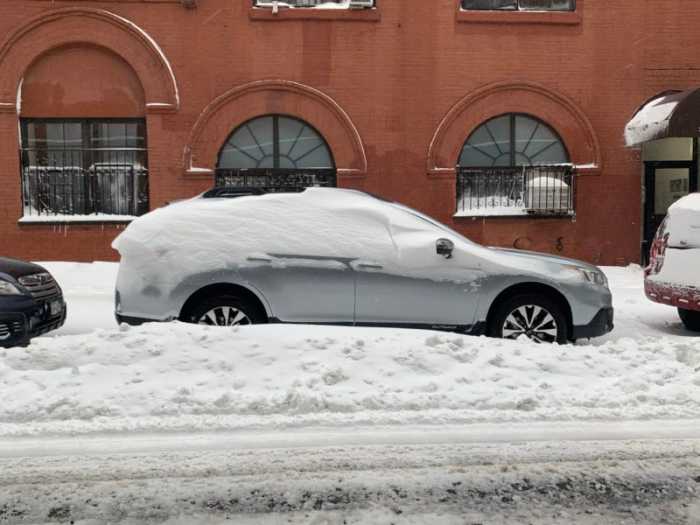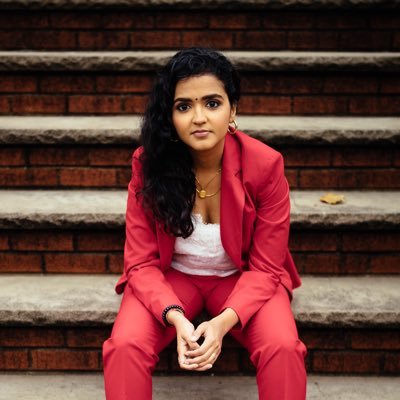BY JACOB KAYE, CARLOTTA MOHAMED AND CLARISSA SOSIN
New York City’s first test with ranked-choice voting remains ongoing after polls closed at 9 p.m. for Tuesday’s night special election in Queens, but one candidate has taken an early lead.
While the official results of the City Council District 24 special election — the city’s first election to feature ranked-choice voting — likely won’t be known for the next couple of weeks as the city’s Board of Elections tallies the votes, James Gennaro, who previously served as a City Council representative for District 24 from 2002 to 2013, seems to be on the path to victory.
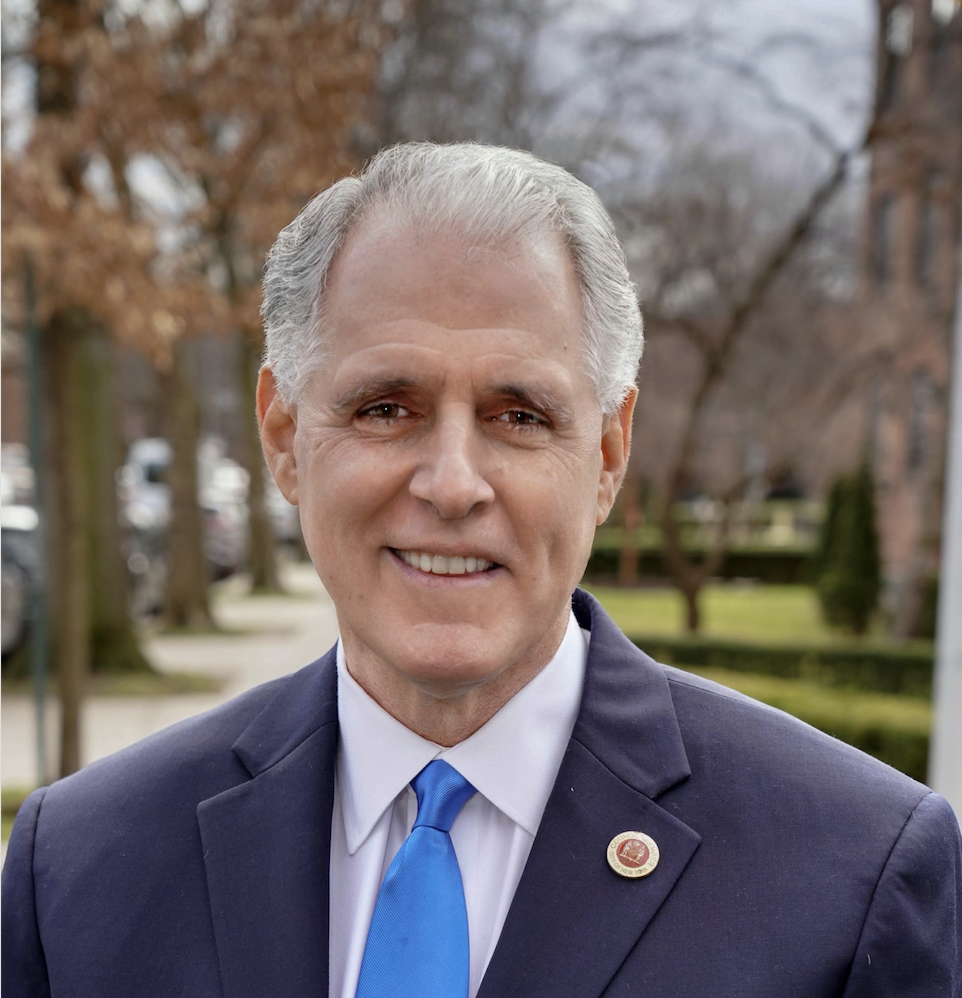
Gennaro took an early lead Tuesday night, securing nearly 60 percent of the vote with 93 percent of scanners reported, according to unofficial results from the Board of Elections as of 10 p.m.
Other candidates for the non-partisan special election to fill former Councilman Rory Lancman’s seat include Moumita Ahmed (15.7 percent of the vote), Michael Brown (1.3 percent of the vote), Dr. Neeta Jain (3.1 percent of the vote), Dilip Nath (4.2 percent of the vote), Mujib Rahman (2.3 percent of the vote), Deepti Sharma (5 percent of the vote) and Soma Syed (8.7 percent of the vote).
Gennaro, who did not immediately respond to a request for comment Tuesday night, previously told QNS that his proven record of accomplishment and experience is the difference between him and the other candidates in the race for Council District 24.
“I have a true vision for the district. I’m the only candidate that has worked very closely with every neighborhood and group of people in the district. No other candidate can say that,” Gennaro said in January.
Lancman, who congratulated Gennaro on Twitter Tuesday night, vacated the Council seat in October when he took a job in Governor Andrew Cuomo’s administration, leading to Mayor Bill de Blasio calling for Tuesday’s special election.
“I’ve seen enough,” Lancman wrote. “Congratulations @JimGennaro on returning to the @NYCCouncil, and congrats to @jain_neeta @dilipnathnyc @somaforny @deeptinyc for running good, hard races. Our community is better for it, and for your service in so many other ways.”
Ahmed, who received an endorsement from Senator Bernie Sanders and a handful of other progressive stalwarts, took to Twitter to thank her supporters, though she did not concede the race.
“We are a people-powered grassroots campaign that has been speaking to voters in District 24 all day about taking power away from billionaires and instead investing in everyday people in our community,” Ahmed said. “We are incredibly proud of the team we built & the energy of our campaign.”
While some polling sites in the district – which covers parts of Briarwood, Electchester, Fresh Meadows, Hillcrest, Jamaica, Jamaica Hills, Jamaica Estates, Kew Gardens Hills, Parkway Village and Pomonok – reported seeing high voter turnout, others saw a dismally low number of ballots cast.
Though special elections typically see a comparatively smaller number of voters turnout, Tuesday’s election followed a massive snowstorm and a spike in COVID-19 infections throughout the city.
A handful of the candidates running for the seat called on Mayor Bill de Blasio to postpone the special election Monday afternoon, as the nor’easter brought nearly two feet of snow to some parts of Queens. By Tuesday night, several candidates stood by their plea.
“[The mayor’s] decision not to postpone actively disenfranchised voters who are not able bodied and seniors,” said Aaron Siegel, Nath’s campaign manager. “It’s a shame because New York City is supposed to be a haven for progress.”
Rahman also blamed the low voter turnout on the mayor’s decision not to postpone the election because of the snow storm.
“My community failed to vote due to the weather,” he told QNS.
Michael Brown, a real estate agent running to represent the district, said he was glad Election Day went on without postponement.
“I’m glad we got out the vote,” Brown said. “The seat needs to be filled. Someone has to do the work. The district needs representation.”
Some candidates, including Dr. Neeta Jain, reported seeing high turnout, though inconsistently. Jain, who visited nine polling sites throughout the day said that “a lot of people came out.”
“It went well,” Jain said. “Especially looking at the snow and the condition of the roads and streets.”
Siegel, who had originally predicted around 10 percent of the district’s approximately 87,000 voters would cast a ballot in the election, feared Tuesday night that number might be closer to 5 percent, including ballots cast early and by absentee.
Around 2,000 voters requested absentee ballots from the city’s Board of Elections, though only 600 had been returned by Tuesday. Any ballot postmarked by at least Feb. 2, will be counted if it arrives to the board at some point in the next 13 days.
The election’s early voting period, which ran for nine days at the end of January, saw a little more than 2,000 ballots cast – with over half of them cast on Sunday, Jan. 31.
The city’s first test of ranked-choice voting didn’t appear to be much of a hurdle Tuesday, candidates and voters reported. Though the new ballot system, which sees voters rank their top five choices, one through five, instead of choosing just one candidate, didn’t go off without a hitch.
“I think a lot of people are unfamiliar [with ranked-choice voting],” Brown said. “But I think it’s a good system.”
Voters were given pamphlets explaining the new system, which was put in place after receiving overwhelming support as a ballot referendum in 2019. However, if voters had questions Tuesday after they began to fill out their ballots, poll workers were unable to help.
Should Gennaro receive at least 50 percent of first-choice votes by the end of the first round of ballot counting, he will be declared the winner. If no one tallies enough votes to put them over the 50 percent threshold, the candidate with the fewest votes will be eliminated. Ballots that list the eliminated candidate as their first-choice will be awarded to the voter’s second-choice. The process will continue until a winner is declared.
The winner of the special election will serve until the end of 2021 when Lancman’s original term is set to end. Voters will head back to the polls in June for the primary elections and again in November for the general election for the same City Council seat.
This story first appeared on QNS.com, one of our sister publications


